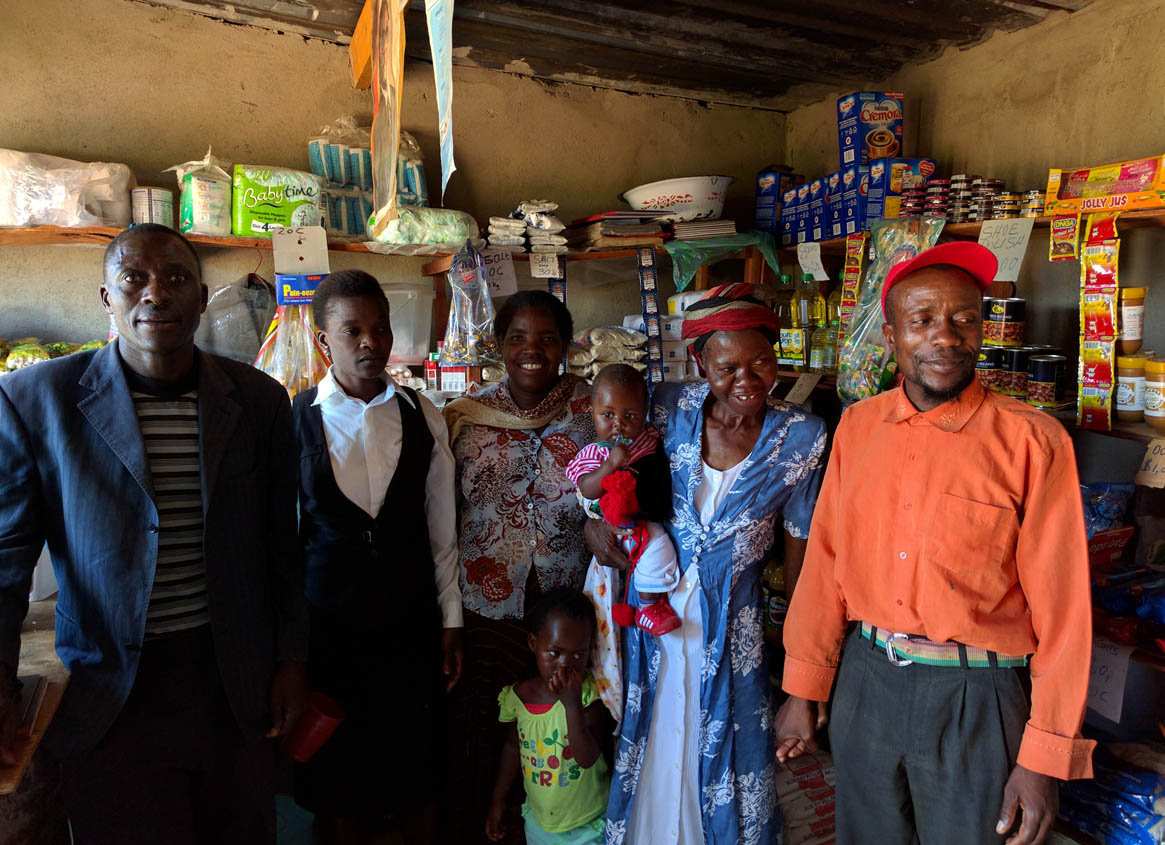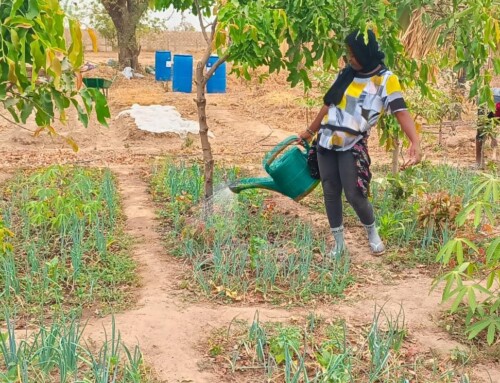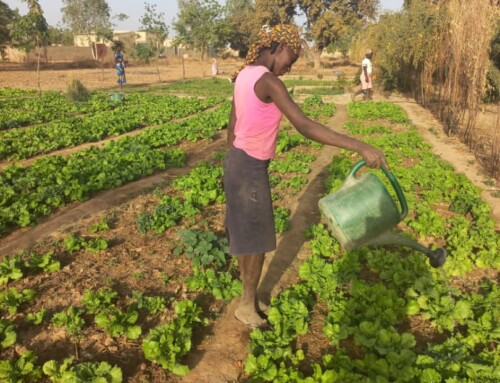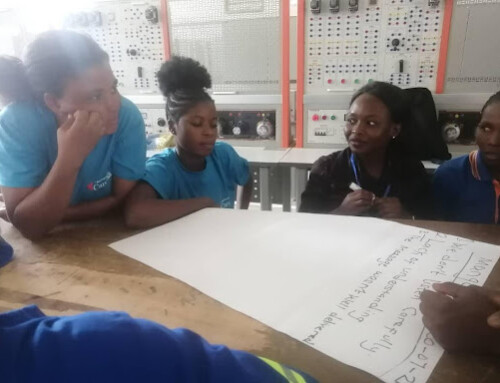School attendance in the poorest areas of Harare is weak, with many children missing out on the education they need to gain even the most basic skills in order to grow into productive, independent adults. Collaborating with our local partner, the Chiedza Child Care Centre, our research found that money was the biggest single obstacle to a child’s education. In the areas where we work, the average household income is around US $123 per month, well below the national poverty line. The same households were spending an average of US $52 on education – an expense representing over 40% of an already hugely stretched budget. Even by making this huge commitment, many children were still being left uneducated with adults forced to prioritise one child’s schooling over another’s. Often in these situations girls and orphans are the first to miss out.
The International Children’s Trust and Chiedza developed a pioneering scheme to work in these communities to try and solve the problem at its source. Funded by the Department for International Development, we have been working for a year now on developing small savings and loan groups for participants to grow their own income. Most participants are women who are all responsible for the care of particularly vulnerable children. By tackling the problem this way, we hope to help children back to school. This programme will not simply make funds available in the short term, but will fundamentally transform the homes and communities the children live into more stable environments where children will be supported in the long term by a sustainable income.
Ben, our Senior Programmes Manager, recently visited Harare to monitor the progress of the project and to see for himself the transformative impact it is having on the community. Already, we have trained 900 caregivers. They have not simply been taught about how to work together to access small amounts of credit, but also basic skills of business and marketing. This has come with hugely positive results with small businesses being started covering a range of activities from raising chickens to making shoe polish. As a result many more children are now able to attend school and we plan to work hard to make sure we keep achieving that kind of progress through the next 3 years of the project and beyond.
Despite these successes, the situation in Zimbabwe remains difficult and this was evident throughout Ben’s trip. Political turmoil and economic mismanagement hit the headlines, but it’s the poorest who suffer most with rates of unemployment soaring past 85% in recent times. We continue to work to try and offer the children of Zimbabwe a path out of the poverty that this creates and ensure that this change is positive and long-lasting.






